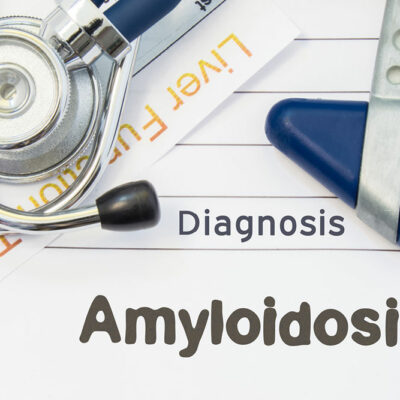
Dietary Tips for IBS with Constipation
IBS-C, or irritable bowel syndrome with constipation, is an abdominal pain associated with constipation. The symptoms of IBS-C include constipation or stools that do not pass normally often enough. The other symptoms include stools that are often difficult to pass or the feeling of an incomplete abdominal movement. There is no such cure for IBS-C, so the goal is to reduce the symptoms and discomfort as much as possible.
However, following some IBS dietary tips consistently so can help to reduce discomfort and prevent this syndrome. Some people find that certain changes in your regular diet can eliminate discomfort in the long run.
Some of the basic dietary tips to manage the symptoms of this condition include the following:
1. Adding fiber in your diet
This is one of the important IBS dietary tips you need to follow for relief. The increasing amount of fiber-rich foods in your meals like whole grains, fruits, and green leafy vegetables can help prevent constipation. However, if you experience the symptoms worsening, try to intake soluble fibers found in fruits and vegetables instead of whole grains.
2. Eliminate IBS-C triggers
Eliminating the triggers of IBS-C from your regular diet can help you to prevent this syndrome. There are several food and beverages which trigger constipation such as processed grains, alcohol, and caffeine. These must be eliminated from your regular diet.
3. Eliminate red meats
Red meat can worsen constipation since it contains little amount of fiber. This can also reduce the total intake of fiber and has rich fat content, which is hard to digest. You need to replace red meat with some protein and fiber-rich alternatives.
4. Avoid fast foods
This is an irreplaceable IBS dietary tip. Eating fast foods frequently or in huge quantities can spike the risk of constipation, as these foods have high fat and low fiber content. Furthermore, fried and fast foods contain salt which can lower the amount of water content in the stools, causing them to dry.
5. Avoid supplements
Nowadays, many people take mineral or food supplements to stay healthy but these could also cause constipation. Ideally, a healthy and balanced diet should provide all the nutrients needed. If you are taking supplements, stop them and instead consume extra fiber or natural laxatives to your meals to prevent constipation.
6. Drink more water
Make sure that you are hydrated; this could give you some relief from constipation. You can increase your fluid intake by drinking beverages like water and non-carbonated fruit juices to prevent the chances of constipation. You must keep in mind that fluids are always helpful to maintain the balance of your body organs.
Constipation can be prevented in the long run by maintaining or following several simple dietary tips. If the symptoms persist, it is advised to visit a doctor at the earliest, as it could be a sign of an underlying condition.


